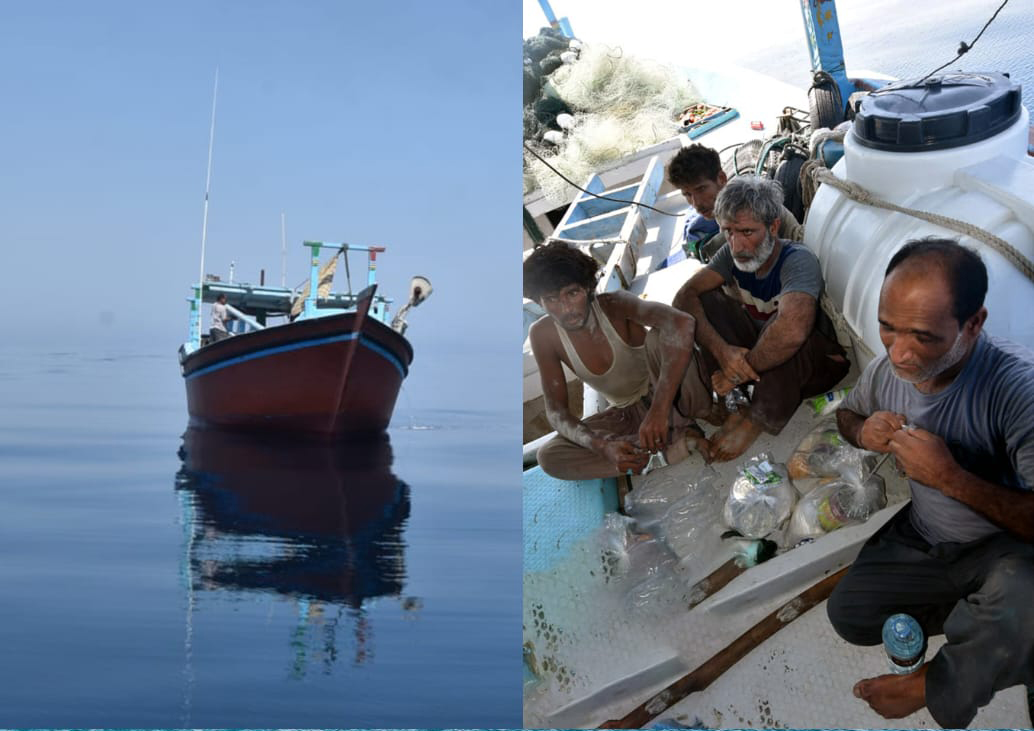KARACHI: India’s unilateral decision to abrogate the special status of Jammu and Kashmir has put a question mark on the future prospects of border trade along the Line of Control (LoC), officials said on Tuesday.
Ten years ago, on October 21, 2008, the first truck drivers and traders met on the Chakothi-Uri Bridge in Kashmir. This was made possible due to an agreement between Pakistan and India as part of the two countries’ Confidence Building Measures (CBMs).
Hostilities between the nuclear-armed neighbors had continued since the division of the subcontinent in 1947 into present day India and Pakistan.
Both countries have held several rounds of talks in the past to mitigate the bitter rivalries between the two, with the latest round of dialogue taking place in Agra in July 2001.

A vehicle begins driving to Azad Kashmir during cross-border trade at Islamabad, 107km (66 miles) west of Srinagar, Oct. 21, 2008. (REUTERS)
At the time, it was decided that there was a need for a platform which could facilitate travel for families on either side of the border seeking to meet each other.
Following the Pulwama attack in Indian-administered Kashmir in February this year, multiple violations on part of India along the LoC further escalated the tension between the two nations, eventually leading to the suspension of crossborder trade.
In April this year, trade was suspended from both the Chakothi-Uri and Tetrinote-Chakan da Bagh crossing points following a notification from the Indian Ministry of Home Affairs, alleging the misuse of these routes by unnamed elements in Pakistan.
On Monday, India revoked Article 370 of the Indian Constitution which guarantees significant autonomy for the Muslim-majority state, sparking fears of violence and demographic shift in the disputed territory.
“By suspending the LoC trade, it seems that India was preparing the ground for the current situation.” Brig. (retired) Tahir Hameed Malik, Director General DG, Travel and Trade Authority (TATA) told Arab News, “ruling out the possibility of LoCtrade resumption in the near future.”
“Now the status of Jammu and Kashmir is not clear and if India declares Kashmir as international border...the new agreement would be drawn up, considering the trade between Azad Kashmir and Indian held Kashmir,” Malik added.
“Everything has been confounded,” DG TATA said, adding that in case the status of the territory is changed, “trade, if resumed, would be renegotiated and its terms and conditions would be determined because earlier it was CBM and it was LoC trade at zero tariff.”
“Kashmiri products were traded among Kashmiri people.. and now it all depends on what step India has taken... what new status of Jammu and Kashmir emerges at the international level, whether it will be international trade or LoC it is a matter of understanding,” he said.
Prior to the decision on Monday, traders on both sides of the border were expecting a resumption of intra Kashmir tradewhich could have provided relief to nearly 12,000 people who are were affected by the frequent travel and trade bans.
“The losses are equal on both sides due to the suspension of the intra Kashmir trade. We have estimated that directly around 12,000 people are immediately forced to incur losses and financial damages at all four points,” Sardar Qazeem Khan, President of LoC Trade Union told Arab News from Tetrinote in Azad Jammu and Kashmir (AJK).
AJK traders say they were assured by their counterparts from Indian-administered Kashmir that trade would be resumed after mid-August, with several choosing to be optimistic about the situation.
“The word suspend is used (in the notification) that means it would resume. The work on the installation of full-body scanners is underway here and hopefully it would be completed in a moth or half. There is no date fixed but when the work on full-body scanners is completed then any date may be announced for trade resumption,” Pawan Anand, President, Cross LoC Traders Association of Poonch told Arab News by phone on Sunday.
Anand added that nearly 609 traders in both Uri and Chakan da Bagh were involved in the border trade. “Around 380 traders from Jammu and Poonch side and 229 from Kashmir side are affected by the trade suspension,” he added.
Similar number of traders and around 200 laborers directly associated with the trade are deprived of their livelihood, Qazeem said, adding: “Our 150 trucks used for the trade have been rendered off roads while half of them are completely out of work.”
Under the terms and conditions of the Loc trade charter, both sides were allowed entry and exit for 35 trucks carrying 21 items each on a daily basis, while the loading and unloading was done at a trade center set up on both sides of the divided territory.
Traders fear that the recent steps taken by India would mean that any Indian citizen would be able to buy land in Kashmir and become a trader as well. “Under the CMBs, only Kashmiris could trade earlier. Otherwise, it would be Pak-India tradeinstead of intra-Kashmir trade,” Qazeem said.
Traders call for giving trade a chance, for creating lasting peace in the long held disputed territory which has seen three wars and bloodshed in the past seven decades.
“Trade brings peace. When the gate is opened, the soldiers on both sides meet prior to which they communicate through hotlines which improves communication.. and when trade is suspended all such initiatives also become inactive,” Qazeem said.
Not all hopes have died down, as the travel of people on special permits is still allowed from Tetrinote. “There is a ray of hope still alive.”

















